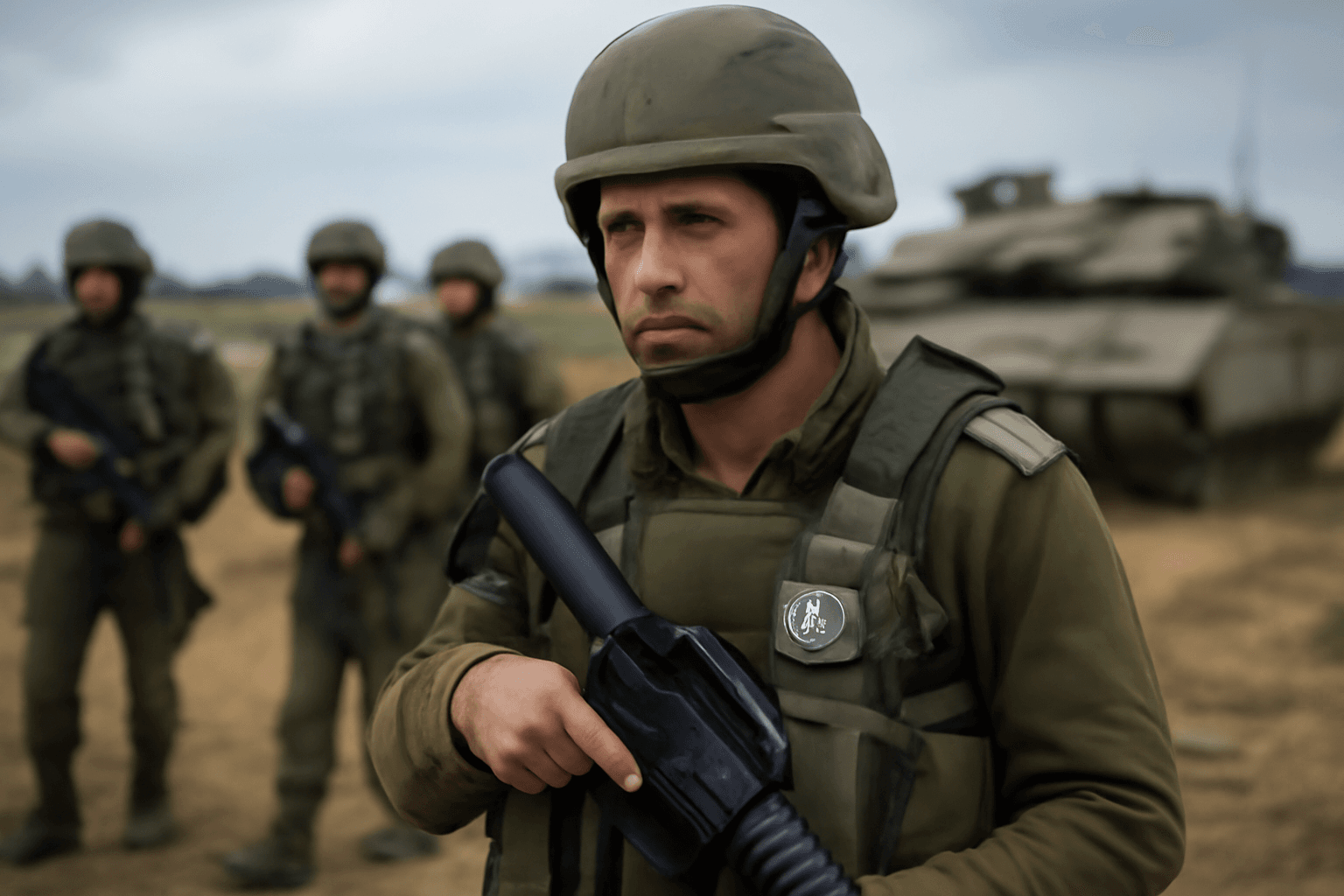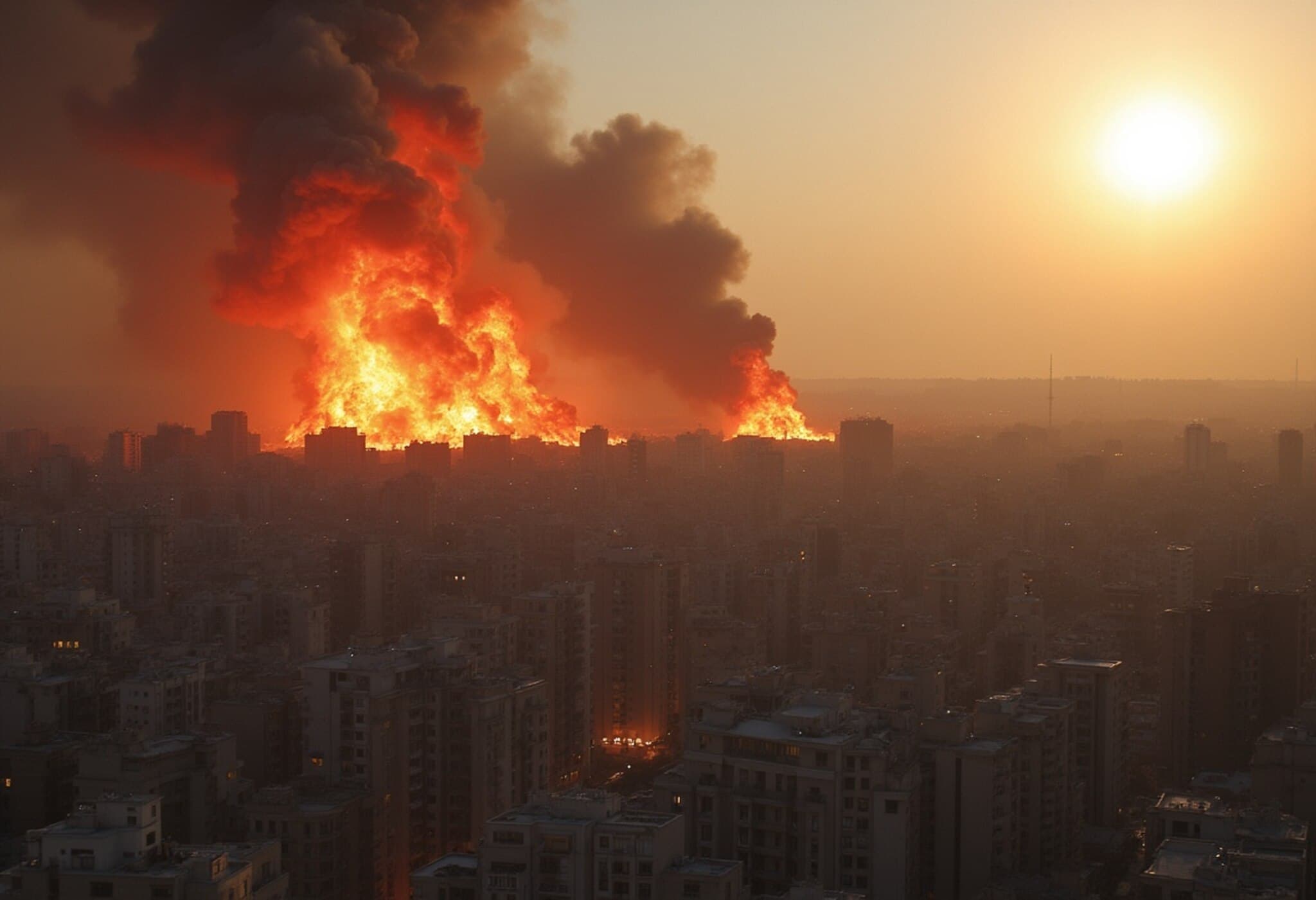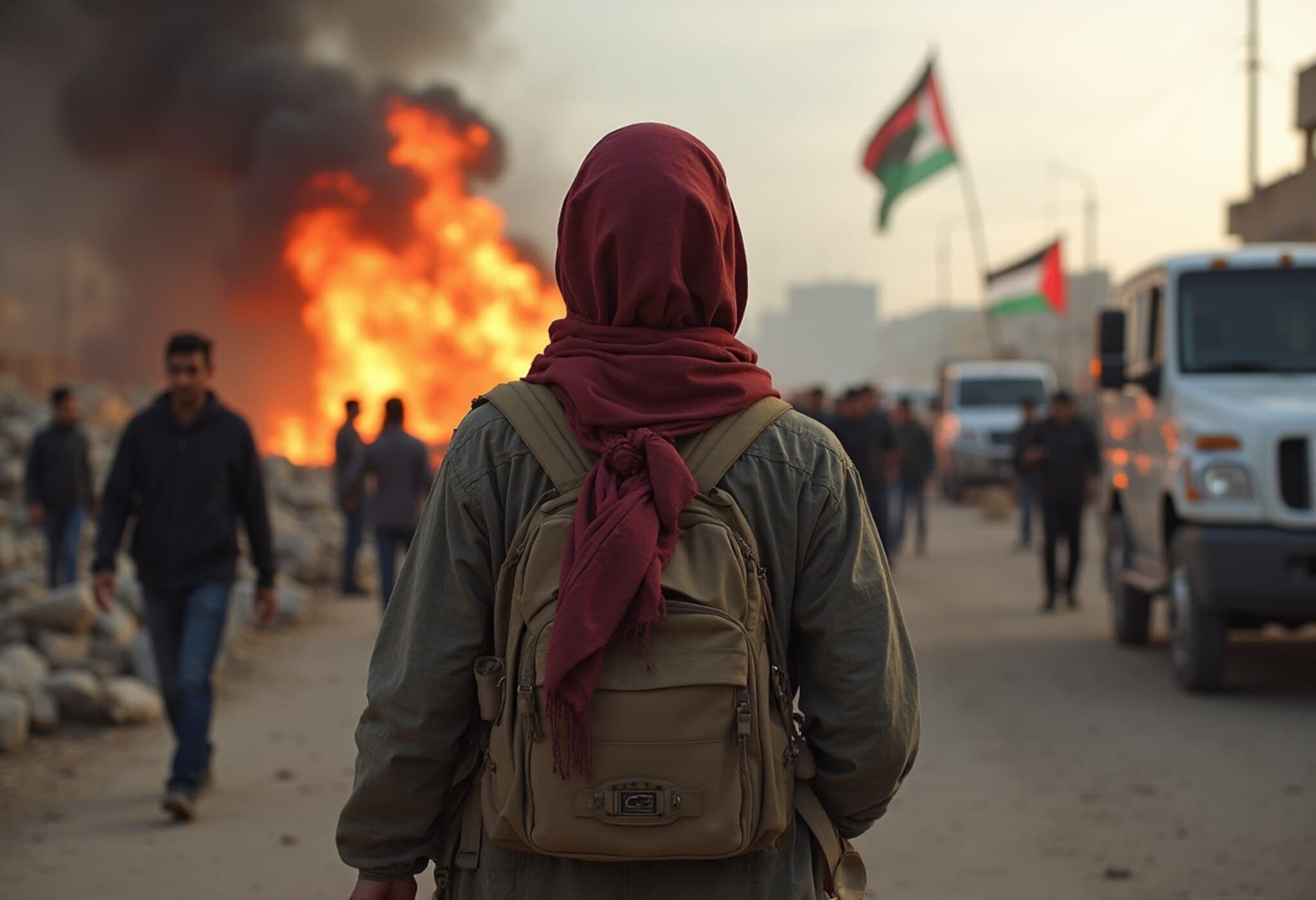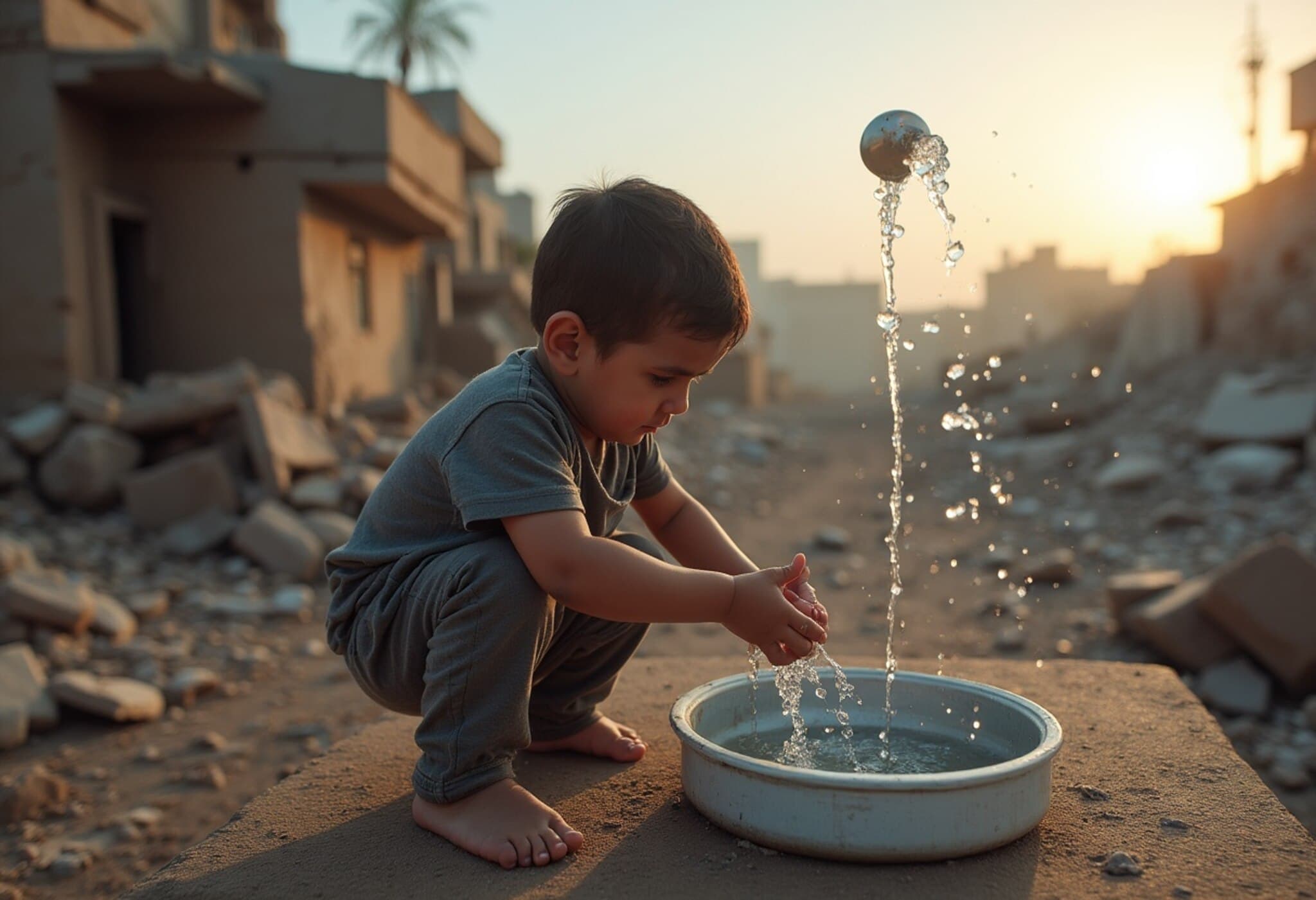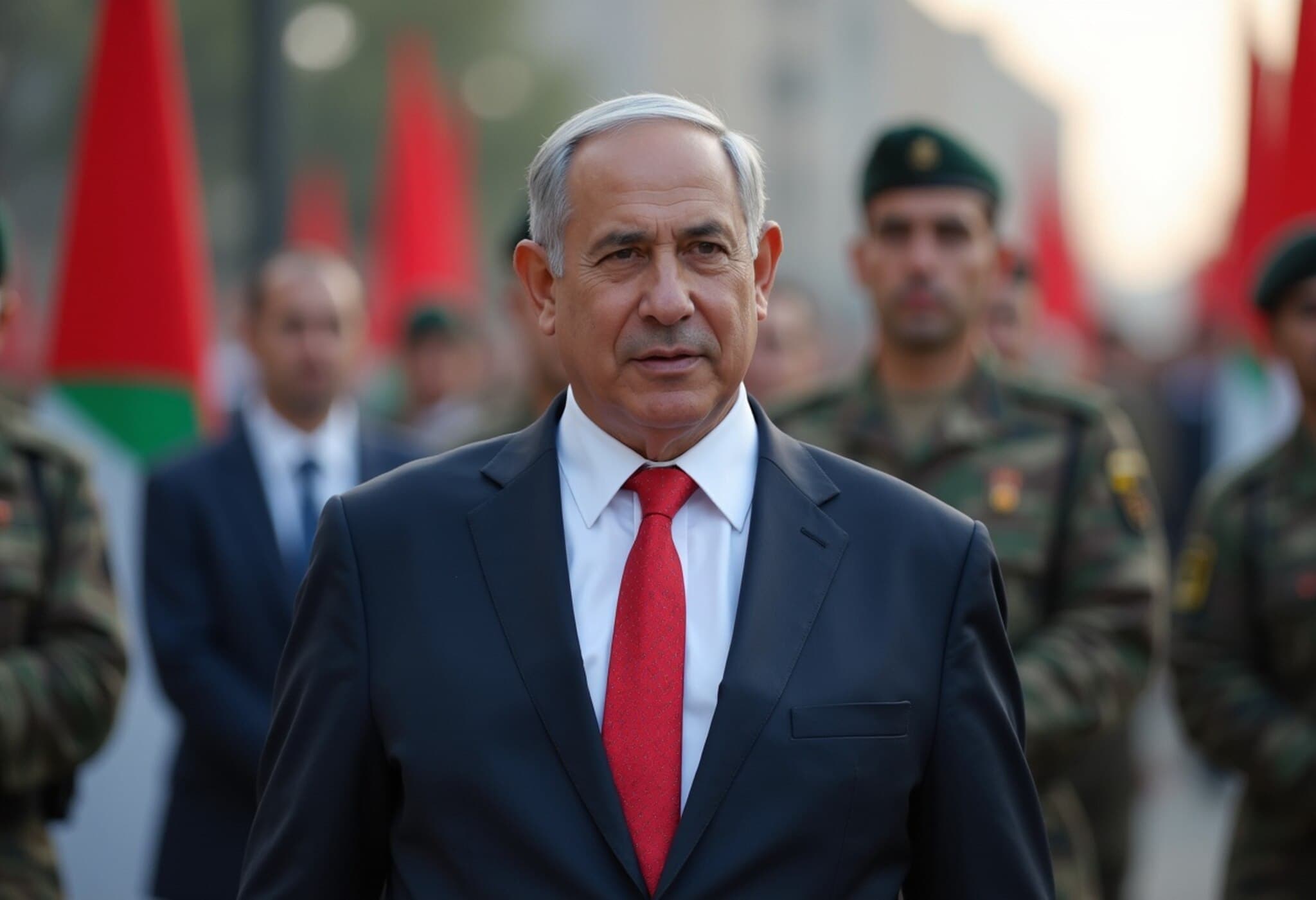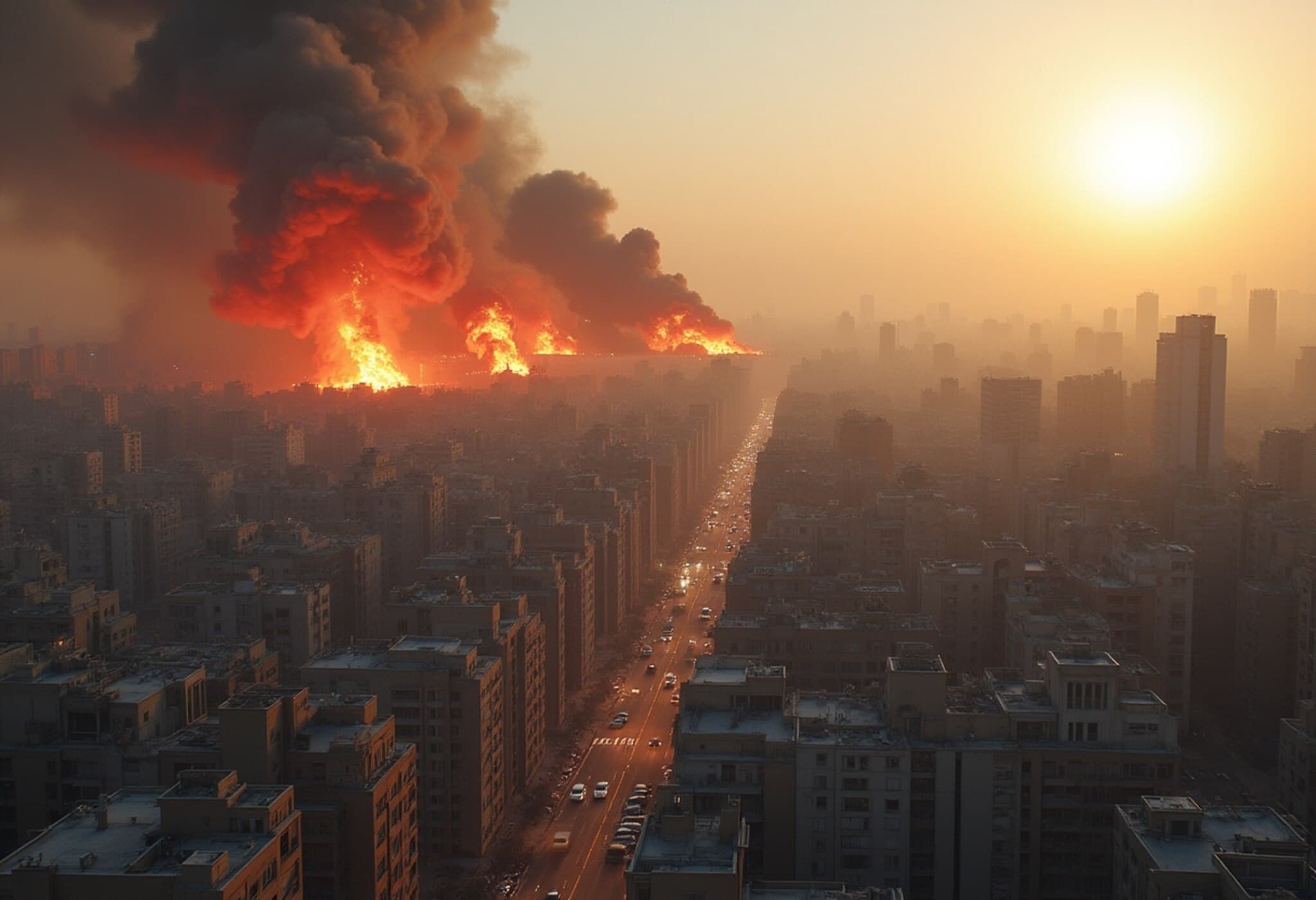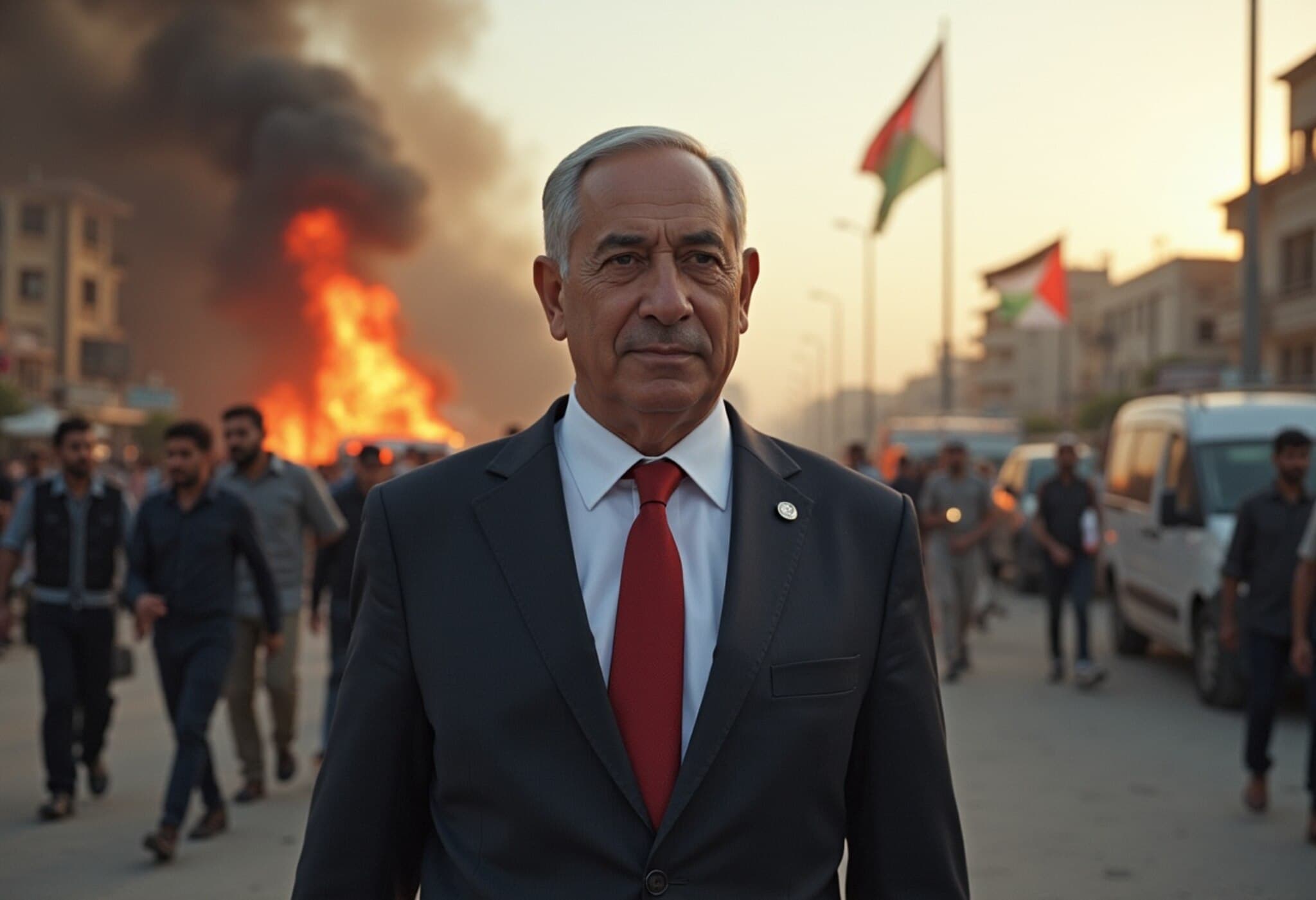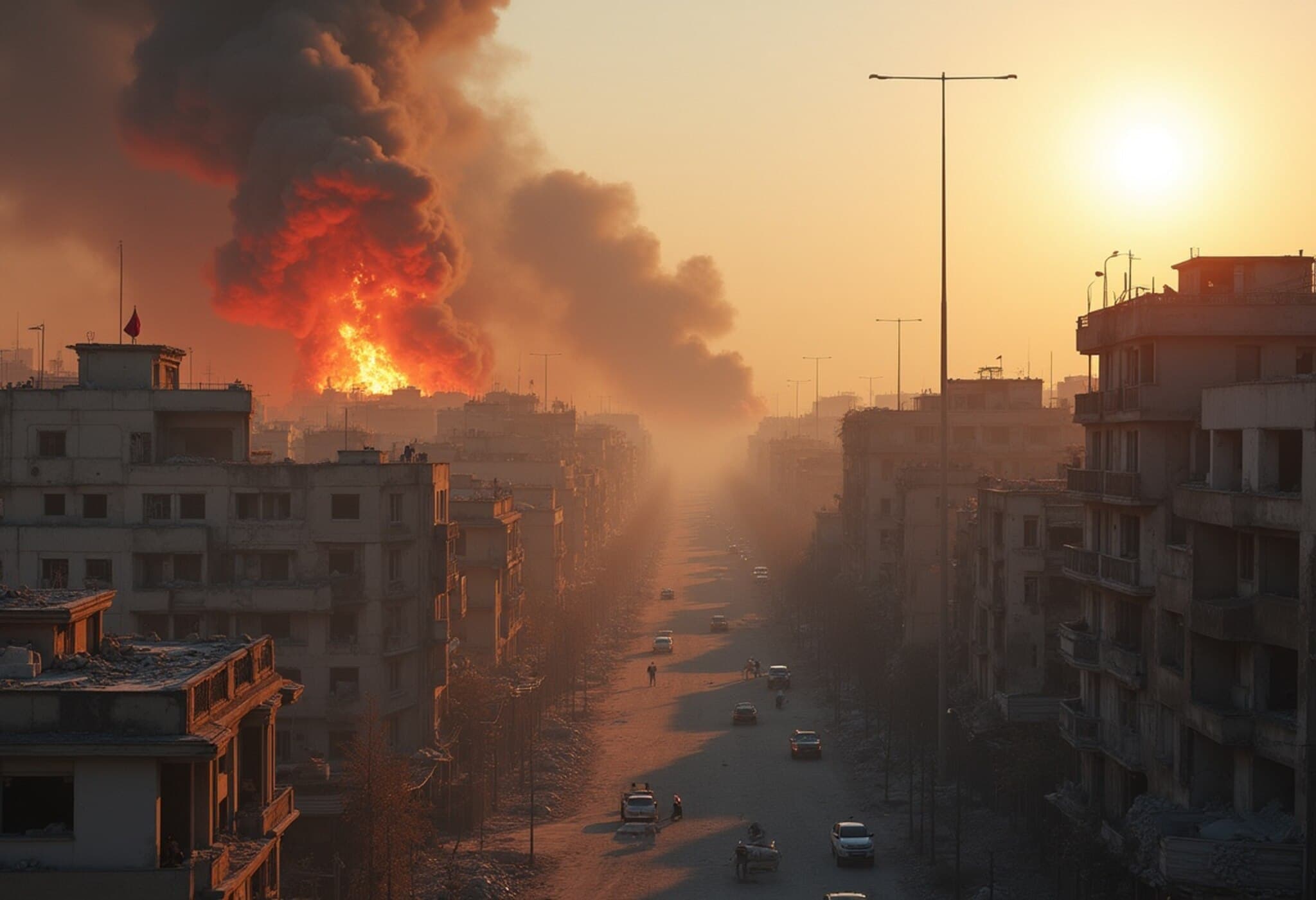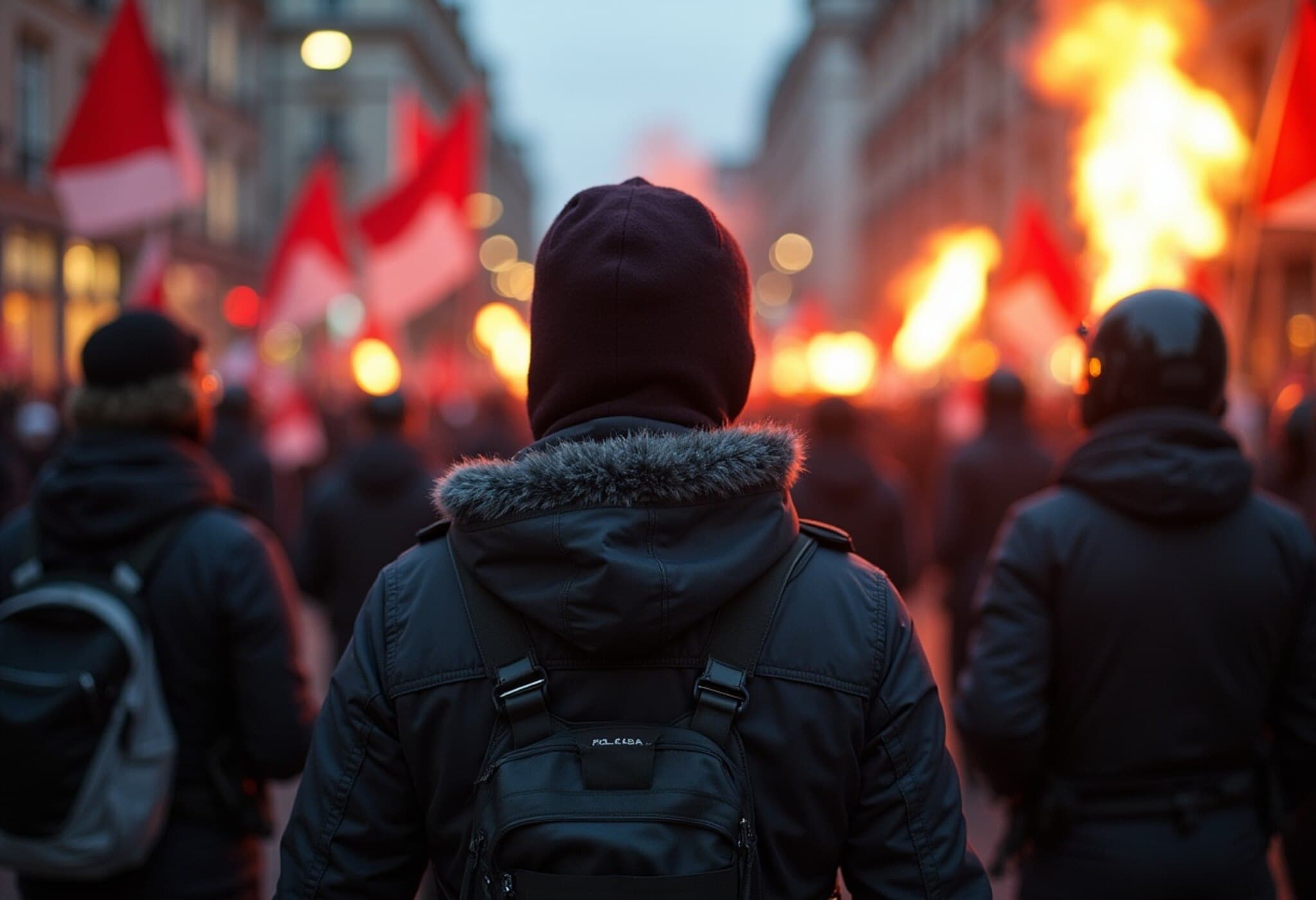Israel Defense Forces Conduct 'Dawn' Military Exercise Amid Expanded Gaza Operations
In a decisive move underscoring escalating tensions in the Middle East, the Israel Defense Forces (IDF) surprised observers on Sunday by initiating a large-scale military drill codenamed "Dawn". This exercise aims to rigorously test the readiness and responsiveness of Israel’s general headquarters and key command structures across multiple strategic theaters.
Comprehensive Preparedness Drills in the Face of Intensifying Conflict
Directed by IDF Chief of Staff Major General Eyal Zamir, the Dawn exercise incorporates unforeseen scenarios and simultaneous multi-front engagements designed to simulate large-scale attacks. Brigadier General (ret.) Ofer Sarigm and his team are meticulously evaluating operational reaction times and capabilities to ensure the IDF’s highest standards of military excellence.
"The IDF is committed to conducting extensive audit activities across all units and commands to enhance competence and operational readiness," the military emphasized in an official statement, highlighting the evolving complexity of modern warfare challenges. The drill reflects Israel’s acknowledgment of a shifting security landscape and a need for robust, swift responses.
Expanding Military Campaign in Gaza: Political and Humanitarian Flashpoints
This drill coincides with Israel’s controversial plan, authorized by Prime Minister Benjamin Netanyahu's security cabinet, to expand military operations into Gaza City itself—a move that has sparked widespread domestic unease and international criticism. Netanyahu is scheduled to address the global press in Jerusalem, marking his first comprehensive explanation following the cabinet’s bold decision.
On the ground, Israeli forces recently targeted a Hezbollah operative near Lebanon’s Aynata region, alleging intelligence gathering activities violating the ceasefire with Lebanon. Such actions exemplify the broader regional volatility entwined with the Gaza conflict.
Public Backlash and Hostage Concerns
Thousands have protested in Tel Aviv against the expansion plan, with families of hostages warning the government against risking detainee lives. As Shahar Mor Zahiro, related to a slain hostage, poignantly stated, "If hostages are murdered during the invasion, we will hold the leadership accountable politically and publicly." Their voices add a deeply emotional layer to the already complex conflict, underscoring profound societal fractures within Israel.
The Human Toll and Global Perspectives
- Over 61,000 Palestinians have perished since the 2023 Israeli offensive began, according to Gaza’s health ministry and verified by United Nations data.
- The initial Hamas assault that triggered the war resulted in 1,219 Israeli deaths, highlighting the intense human cost on both sides.
The Palestinian Authority condemned the expanding campaign as "a new crime," urging immediate international intervention. Meanwhile, foreign ministers from Italy, Australia, Germany, New Zealand, and the UK expressed apprehension that the intensified attacks would dramatically worsen the humanitarian crisis.
Conversely, former U.S. President Donald Trump signaled implicit support for Israel’s strategy, stating that the decision rests with Israel but affirming America’s commitment to humanitarian aid efforts. This stance reflects a complex international posture balancing strategic alliances with humanitarian concerns.
Expert Insights: Navigating the Fragile Line Between Military Strategy and Human Rights
Military analysts note that while the IDF’s Dawn exercise demonstrates Israel’s desire for operational superiority, the expansion into densely populated Gaza City risks severe collateral damage and potential hostage endangerment. Chief of Staff Zamir himself cautioned about these risks, yet political leadership remains unwavering, with Netanyahu asserting, "We are not going to occupy Gaza—we are going to free it from Hamas."
Policy experts advocate for a nuanced approach that balances military objectives with diplomatic initiatives and humanitarian safeguards to prevent further escalation.
Editor’s Note
As Israel doubles down on its Gaza campaign amid global scrutiny and domestic protest, critical questions remain: How will Israel mitigate humanitarian fallout while pursuing strategic goals? What are the implications of the IDF’s expanded military readiness for regional stability? And importantly, how will the international community reconcile support for security with the urgent need for peace and human rights?
This evolving situation demands careful monitoring, informed analysis, and a commitment to amplifying the perspectives of those impacted most profoundly by the conflict.
About the Author
At TOI World Desk, seasoned journalists bring thoughtful, in-depth coverage of complex international affairs, offering balanced perspectives shaped by rigorous analysis and on-the-ground insights.

